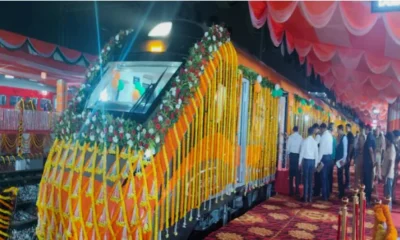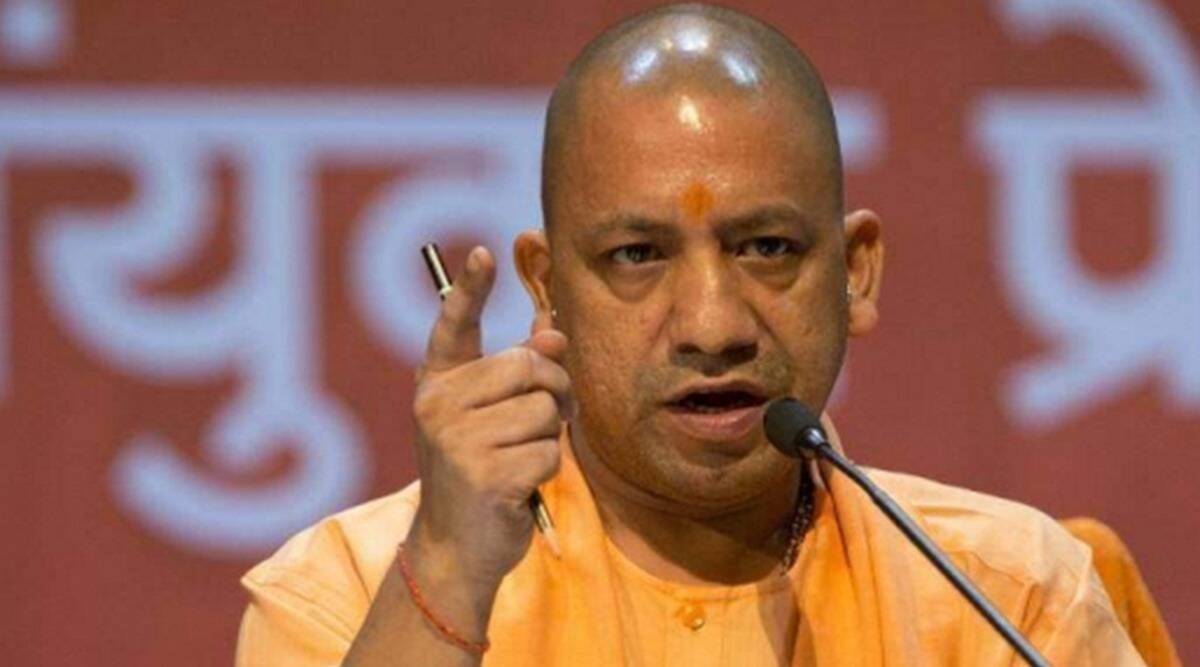Tension prevails in Uttar Pradesh’s Saharanpur district once again after Dalit oufit Bhim Army’s district chief’s brother Sachin Walia was shot dead, allegedly by Rajputs celebrating the birth anniversary of Maharana Pratap.
The district had witnessed Dalit-Rajput clashes during Maharana Pratap’s anniversary celebrations a year ago as well. One person was killed, several persons injured and more than 20 vehicles torched in the clashes last year. More than 50 Dalit homes were consigned to flames.
Saharanpur administration said that Sachin, 25, was shot dead from close range, and the incident was being probed, said media reports, quoting district senior superintendent of police (SSP) Babloo Kumar.
Weapons were being flaunted freely during the celebrations, according to reports and Sachin’s family says he was shot dead in a conspiracy. Robin Gautam, a relative of the family said, “Sachin was walking down a lane nearby when he was shot dead on Wednesday morning,” reported The Times of India (TOI).
Heavy police has been deployed in the region on Maharana Pratap Jayanti this year, the first anniversary of the 2017 clash.
Earlier, after last year’s conflicts, permission to celebrate Maharana Pratap Jayanti was denied by the police and administration but later rescinded after the Kshatriya Community threatened to boycott the Kairana bypolls, said a News18 report.
Kamal Walia, district president of Bhim Army and Sachin’s brother was quoted by TOI as saying, “We had already conveyed our apprehension to the administration that something untoward might happen in the Maharana Pratap anniversary celebrations and had even submitted a memorandum to the district magistrate. Yet they gave permission to the upper castes to go on with the celebrations. My fear has come true. Thakurs have killed my brother.”
Sachin held the position of media in-charge for the Dalit outfit. He was hit by a bullet near the neck and rushed to a nearby hospital but could not be revived.
A video shared online shows some people allegedly washing bloodstains at the scene of the shooting, said media reports. Additional director-general (ADG) of Meerut zone Prabhat Kumar said, “It’s too early to arrive at any conclusion. We have also heard about some people cleaning evidence in the form of bloodstains. We are looking into it. Adequate security measures are in place.”
Last year there was violence in the area after Dalits of Shabbirpur and Simlana villages protested against a procession of Rajputs through a temple of Sant Ravidas without permission from the administration. The ensuing violence led to the burning of 55 Dalit homes, a death and grievous injuries to several residents including women and children.
The Dalit outfit Bhim Army, in reaction to the Shabbirpur incident, organised a protest meeting in Saharanpur which resulted in a clash with the police. Cases were registered against members of the Bhim Army. Chandrashekar Azad, the leader of the Bhim Army, was arrested in June, after a prolonged period of hiding. He continues to be in jail under the draconian National Security Act.


 India News3 hours ago
India News3 hours ago
 LATEST SPORTS NEWS2 hours ago
LATEST SPORTS NEWS2 hours ago
 India News2 hours ago
India News2 hours ago
 India News2 hours ago
India News2 hours ago













